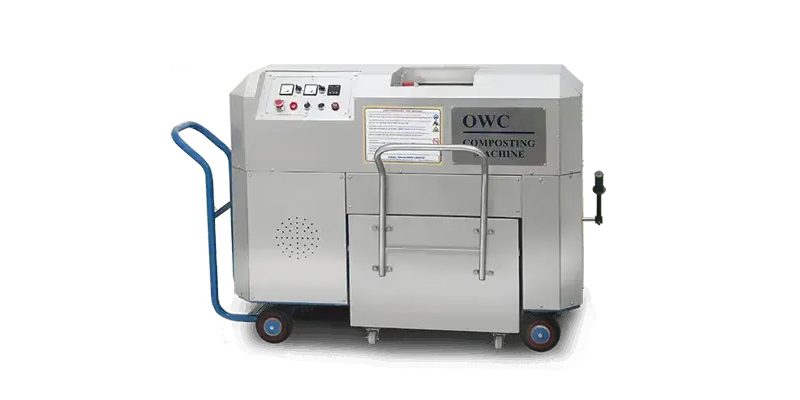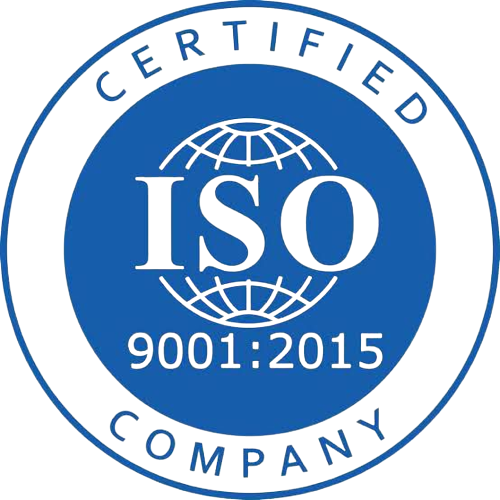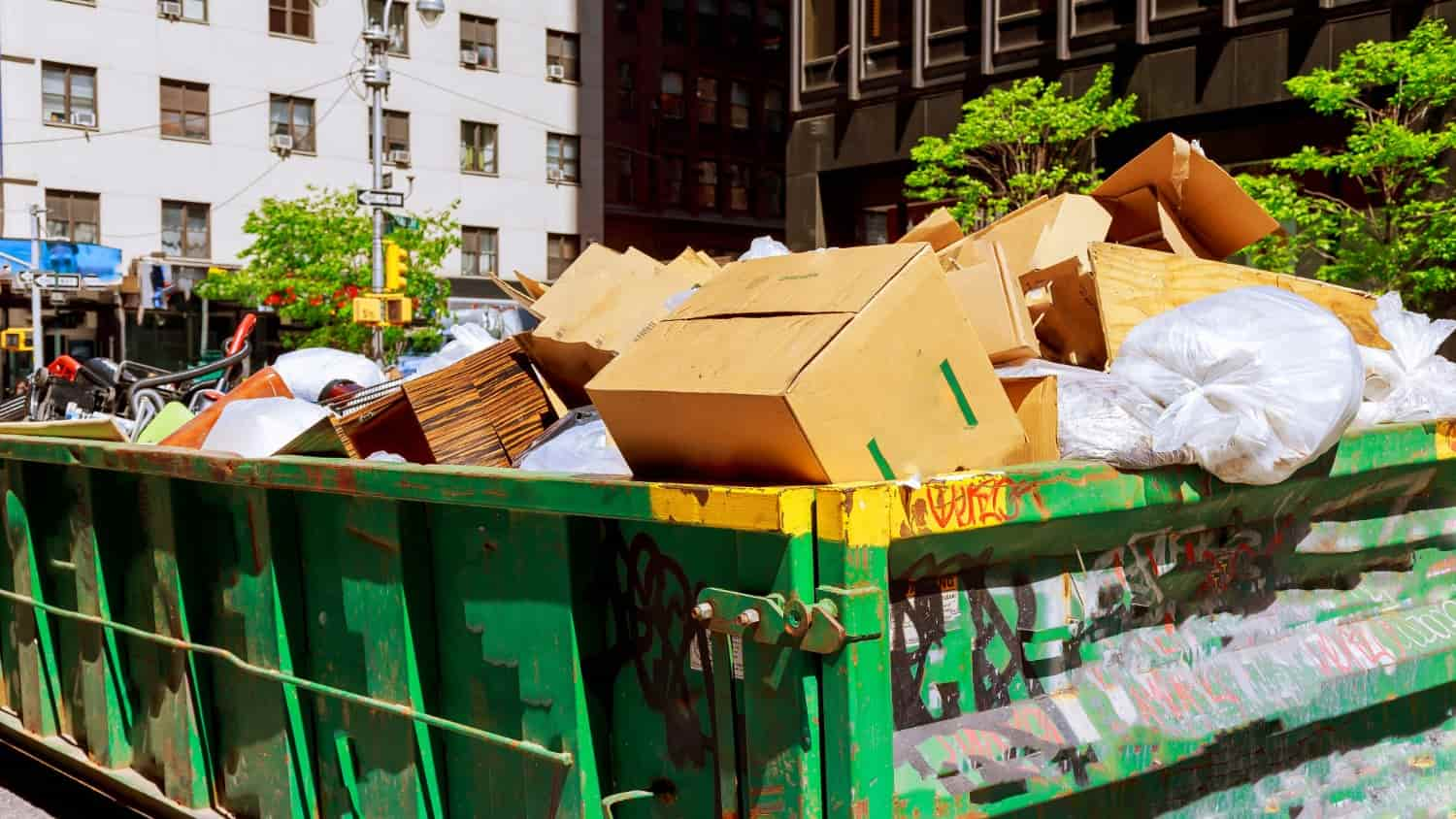Introduction
As the world’s population increasingly congregates in cities, the challenges of effective waste management are escalating at an alarming rate. Urban centres are becoming focal points of waste generation, and traditional waste management methods are falling woefully short of handling the influx. This phenomenon is particularly pronounced in India, a country experiencing rapid urbanisation alongside economic growth. Here, the urban localities are wrestling with an almost overwhelming volume of waste, generating close to 1.5 lakh tonnes of solid waste every single day. The sheer scale of waste generation is putting immense pressure on existing waste management infrastructure, which is proving to be increasingly inadequate to deal with the situation.
This blog seeks to explore an alternative, more sustainable approach to tackling this mounting issue: city composting. Faced with the limitations of traditional landfill methods and incineration, both of which have severe environmental ramifications, city composting emerges as a greener and more sustainable option. This blog aims to delve deeply into the mechanics, benefits, and scalability of city composting as a viable waste management strategy. Specifically, we will spotlight the role of Organic Waste Converters (OWC) in modernising this age-old technique.
The Grave Reality of Urban Waste
According to reports, a staggering 95% of organic waste generated in Indian cities goes unprocessed, ending up in landfills or other unsuitable locations. This stands in stark contrast to the ambitious goals set by the Swachh Bharat Mission, which aimed to have all organic waste processed into compost by October 2019. Clearly, there’s a substantial gap between policy objectives and on-ground implementation. This discrepancy is not just a logistical concern but represents a failure to capitalise on a valuable resource—organic waste—that could otherwise be converted into nutrient-rich compost, beneficial for agriculture and soil health.
The consequences of this failure are far-reaching. Uncontrolled decomposition of organic waste in landfills is a significant source of greenhouse gas emissions, particularly methane, which is over 20 times more effective in trapping heat in the atmosphere compared to carbon dioxide. Therefore, the issue of unprocessed organic waste isn’t just a matter of urban cleanliness or waste management, but poses a significant environmental concern. The decomposition process in landfills contributes to air pollution, water contamination, and soil degradation, elevating the urgency for an effective solid waste management system from a municipal concern to a national, if not global, environmental imperative.
The Unsung Hero: City Composting
Often overlooked in favour of high-tech solutions, city composting is actually a dual-purpose solution. It mitigates the need for landfill use and provides nutrient-rich soil that is essential for agriculture. In a country like India, where the demand for food is ever-increasing, and soil degradation is a real problem, city compost can play a pivotal role as a supplement or even a replacement for chemical fertilisers.
The State of Composting Policy in India
Despite the obvious benefits, composting has not been embraced fully due to several policy-related issues. The existing Policy on Promotion of City Compost aimed to facilitate its marketing through a fixed Market Development Assistance (MDA). However, the financial incentives did not prove to be a game-changer in promoting its production and marketing. This suggests that the policy, while well-intentioned, failed in its execution and implementation, leaving much room for improvement.
The Role of Technology: Organic Waste Converters
What is an OWC?
An Organic Waste Converter (OWC) represents a groundbreaking advancement in waste management technology, specifically engineered to speed up the composting process. Unlike traditional composting methods, which can be time-consuming, labour-intensive, and often produce unpleasant odours, OWCs offer a streamlined, efficient, and odour-free alternative. These machines are particularly well-suited for urban environments, where space is at a premium and the need for rapid waste processing is paramount.
OWCs work by rapidly converting organic waste—such as food scraps, yard waste, and agricultural residues—into nutrient-rich compost. They achieve this through a combination of mechanical and biological processes, all housed within a compact, user-friendly unit. The end result is high-quality compost produced in a fraction of the time required by traditional composting methods. This rapid conversion not only diverts waste away from landfills, thereby reducing greenhouse gas emissions, but also produces valuable compost that can be used to enrich soil. Therefore, OWCs offer a dual benefit: they contribute to solving the waste management crisis while simultaneously providing a sustainable solution for soil health and agriculture.
Excel Industries’ OWC: A Case Study in Innovation
Excel Industries stands as a trailblazer in the realm of organic waste management, offering Organic Waste Converters (OWCs) that are a cut above the rest in terms of features, functionality, and efficiency. Here’s a closer look at some of the standout attributes of Excel Industries’ OWC machines:
Daily Waste Treatment Capacity
Excel Industries’ OWC machines are designed for scalability to meet the varying needs of different organisations or communities. They offer a wide range of capacities, capable of treating organic waste ranging from as little as 100 kg to as much as 3000 kg per day. This flexibility makes these OWCs suitable for a variety of settings, from small residential complexes to large industrial facilities and municipal waste management centres.
Ease of Use
One of the major advantages of opting for Excel Industries’ OWC is its user-friendliness. These machines are engineered to be intuitive and easy to operate, requiring minimal training for the personnel handling them. This ease of use not only speeds up the adoption of the technology but also ensures that the process of organic waste conversion remains uninterrupted and efficient.
Eco-Friendly Technology
At the heart of each OWC machine is a patented system that rapidly processes organic waste into high-quality compost. The technology prioritises environmental sustainability at every step, from reducing the time taken for composting to ensuring that the end product is of the highest quality. These eco-friendly attributes align perfectly with the growing global emphasis on sustainable practices and make Excel Industries’ OWCs a responsible choice for anyone looking to invest in effective and environmentally conscious waste management solutions.
Why Choose Excel Industries’ OWC?

Excel Industries has over 40 years of expertise in waste management and is a trusted name in the field. Their OWC machines have been adopted in various sectors, from residential buildings to corporate offices and municipal corporations. Comprehensive after-sales support makes Excel a go-to solution for waste management.
Keen on contributing to a more sustainable future? Enquire now to find out how Excel Industries’ Organic Waste Converters can be a part of your waste management strategy.
The Need for Policy Reforms
While technology can offer advanced solutions, it needs to be supported by robust policies. This includes reforms in fertiliser control order norms, better testing laboratories, and stringent targets for fertiliser companies. The existing policy framework has some gaps that need to be addressed to make city compost a mainstream waste management solution.
The Future of City Composting
The future of city composting in India and around the world looks promising but requires concerted efforts from all stakeholders, including the government, industry, and the public. With the right policies and technologies like OWC, we can create a sustainable waste management system that not only addresses the problem of waste but also contributes positively to agriculture and the environment.
Conclusion
The challenge of urban waste management requires multi-faceted solutions. City composting, bolstered by advanced technologies like OWC, presents a viable, sustainable alternative that addresses both waste management and agricultural needs. As cities continue to grow, the importance of adopting such sustainable practices only increases. It’s high time for comprehensive policy reforms and public awareness campaigns to bring city composting to the forefront of urban sustainability measures.


